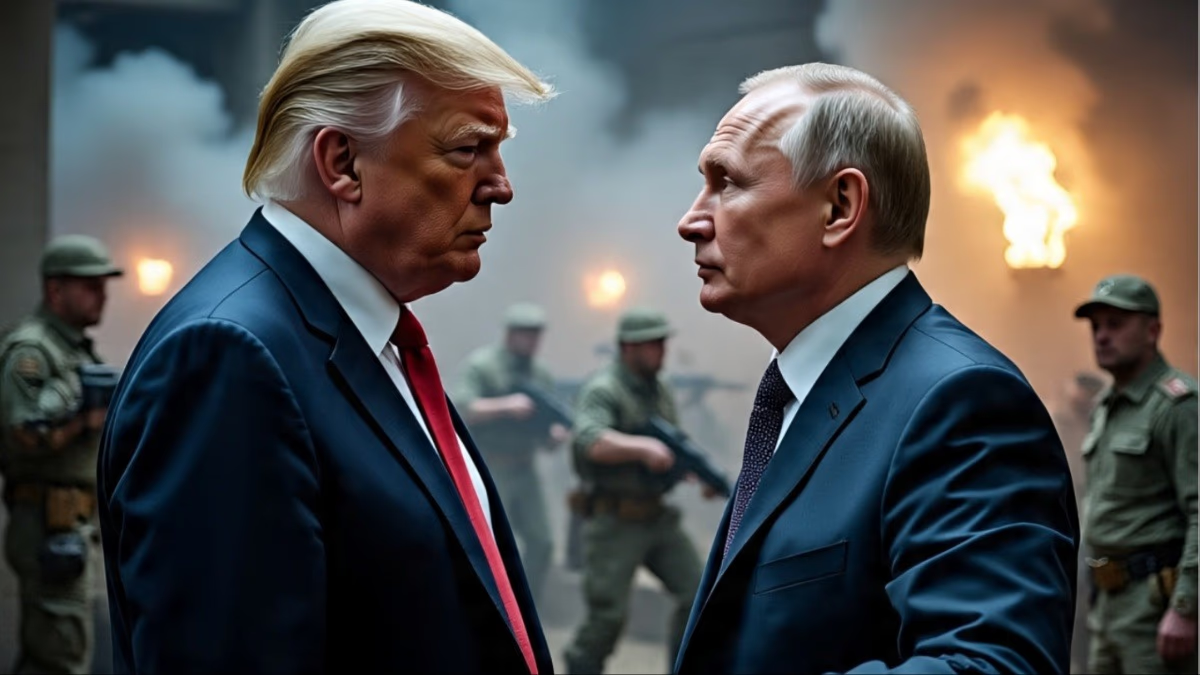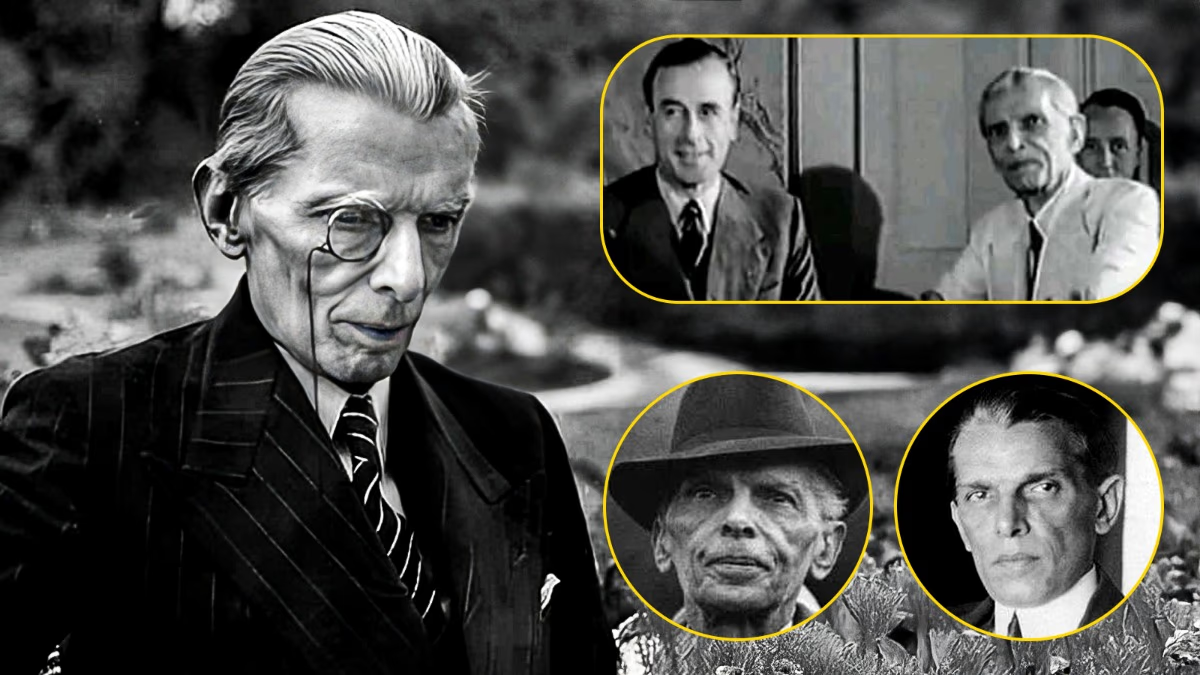'The war will persist as long as Ukraine or Russia continues to exist',
remarked Irina Kvasnevska from Kyiv, a biology teacher whose cousin was tragically killed in eastern Ukraine in 2023. On August 15, Friday, US President Donald Trump and Russian President Vladimir Putin are slated to discuss peace in Alaska. However, like many Ukrainians, Irina is skeptical of this meeting yielding a lasting peace resolution.
Veteran Ukrainian soldier Taras, recovering from war injuries, also doubts any miracle from a Trump-Putin alliance. Speaking with Qatar’s state broadcaster Al Jazeera, he mentioned, 'The meeting won't usher in miracles or peace agreements. Instead, Putin might convince Trump that Ukraine is the peace obstacle.'
Having spent over three years battling Russian forces on the front lines, Taras recently survived an attack by an explosive-laden Russian drone, managing to shoot it down despite being injured.
Taras believes this meeting is Putin's ploy to deceive Trump, who perceives himself as a peace envoy. Putin aims to fascinate Trump and prevent more economic sanctions against Russia. By winning Trump's favor, Putin hopes to achieve significant military successes in Eastern Ukraine.
Taras concludes, 'Putin is confident of achieving substantial gains by winter, or he believes his troops will overpower our front lines and impose terms on Ukraine.'
The Trump administration views the upcoming Alaska summit as pivotal for securing a ceasefire. Yet, Ukrainians, including citizens, soldiers, and experts, remain doubtful of its outcomes.
A reason for this skepticism is the on-ground reality in Eastern Ukraine. At the start of this month, Russia intensified efforts to seize major bases in southeastern Donetsk. Russia conducts near-suicidal operations, sending thousands of troops to infiltrate Ukrainian posts. Russian drones continuously monitor Ukrainian positions.
In the recent three months, Russian forces have seized roughly 1,500 sq km of Ukrainian territory, predominantly in Donetsk, with nearly three-quarters under Russian control. This swiftness surpasses the previous three years of Russian authority in Donetsk.
Soon after the 2022 war outbreak, Russia controlled approximately 27% of Ukrainian territory. Yet, Ukrainian troops fiercely resisted, reclaiming 9% of Russian-held land near Kyiv and in the northern regions by the end of 2022.
Since then, Russia has regained control of less than 1% of Ukrainian territory. Russia’s efforts to capture a buffer zone in Ukraine's northern Sumy region have stalled.
Conversely, Ukraine secured a minor border area in Russia's western Kursk region in August 2024. However, earlier this year, recaptured land from Russia slipped away.
Pre-Alaska meeting reports suggest dialogues might favor Russia, allowing continued control over seized Ukrainian areas, worrying Ukrainians.
Reports propose Trump might offer complete control of Donetsk and the adjacent Luhansk region to Putin in exchange for ending the war. In return, Putin might propose a ceasefire, retracting troops from front lines, and withdrawing from minor bases in the Sumy and northeastern Kharkiv regions.
Surrendering Donetsk might be challenging for Ukraine, demanding the evacuation of a swath stretching almost 50 km (31 miles) along and including a strategic highway between Kostyantynivka and Sloviansk cities.
On Friday, the US-based think tank, Institute for the Study of War, indicated that securing Donetsk would place Russian forces strategically favorably, easing future battles.
Simultaneously, Ukrainian President Volodymyr Zelensky affirmed Ukraine wouldn’t 'gift' its land and demands strong security assurances from Western allies.
In his Saturday television address, he declared, 'We desire not just a ceasefire but long-lasting peace. We don't seek a ceasefire months from now, but now.'
Ukrainian citizens are skeptical about lasting peace in Ukraine. They believe Ukraine's democratic leanings, potential EU membership, and Russia's imperialistic stance prevent a sustainable diplomatic solution. Ukrainians hold no hope in Trump either.
Leonid Cherkasin, a retired Black Sea Port Colonel from Odessa, who battled pro-Russian rebels in Donetsk in 2014-15, asserted, 'Trump has disappointed us multiple times. If anyone believes he can change that, they either lack insight or are naive. Despite Trump's recent threats against Putin, he's taken no concrete action.'
Military analysts concur that Putin won’t bend to Trump or Zelensky's demands. They see Putin’s meeting with Trump as a diplomatic triumph amid frayed relations with Western nations.
Western countries accused Putin of war crimes, including kidnapping children, leading the International Criminal Court to issue a warrant for his arrest. Putin last visited the US bilaterally in 2007 and attended America only for UN summits, barring since the warrant.
Nikolai Mitrokhin from Germany’s University of Bremen remarked, 'Putin's priority is parity talks with Trump. I predict their agreement will limit to halting airstrikes and grant Putin three months to finalize ground operations—potentially seizing all of Donetsk.'
An aerial ceasefire could favor Russia, allowing it to amass thousands of drones and hundreds of missiles for future offensives. This ceasefire might also curb Ukraine's successful escalating drone strikes on military sites, ammunition depots, airports, and refineries in Russian or Ukraine-held areas.
Mitrokhin concluded, 'In the meeting, Putin will undoubtedly mislead Trump, restarting the cycle anew.'




